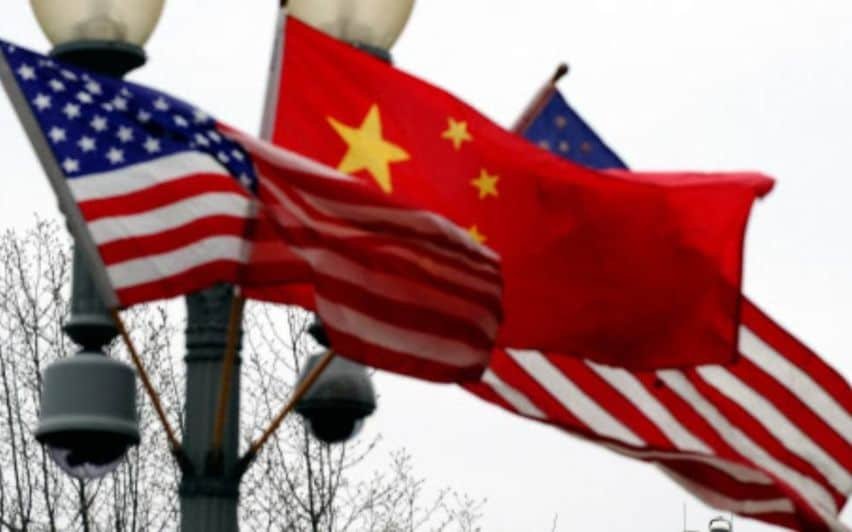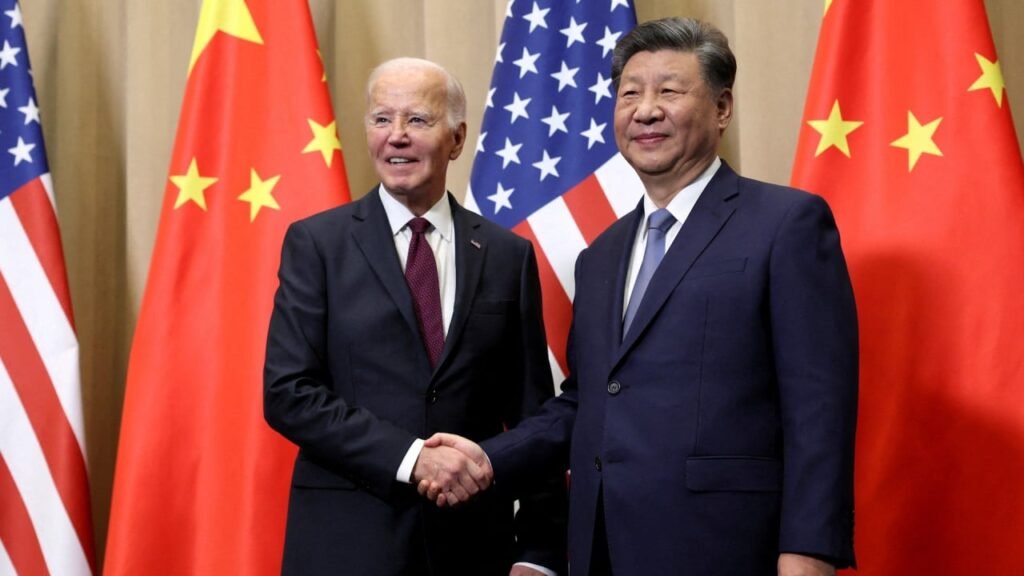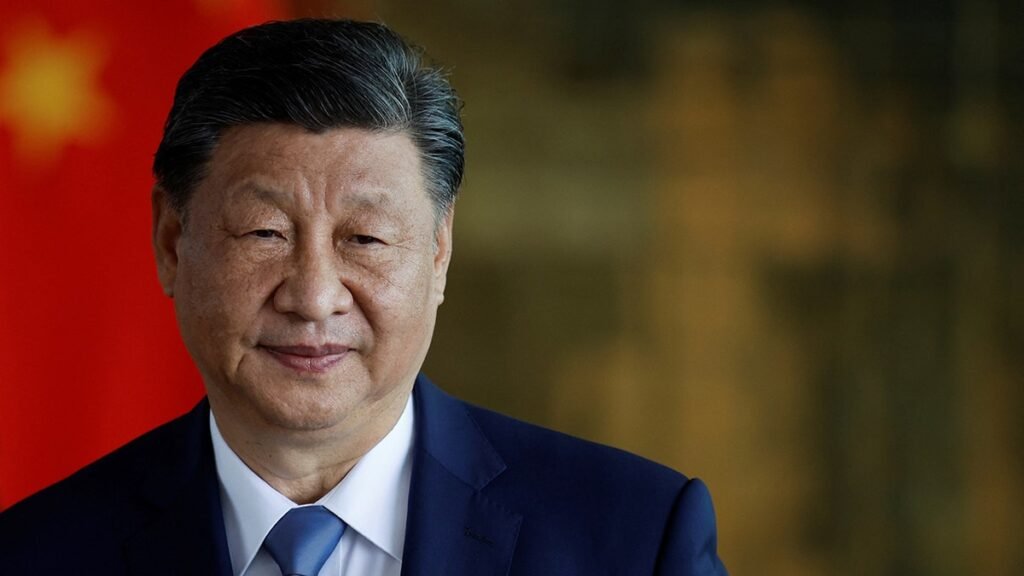- The US Navy has long held a missile-tube advantage over China.
- But China’s ships now have half as many vertical-launch-system cells as the US, research found.
- VLS capacity is important for naval combat, but it’s not everything.
China is closing the missile-tube gap with the US Navy as the latter’s long-standing edge in vertical-launching-system cell capacity, one indicator of naval strength, shrinks.
The People’s Liberation Army Navy now has over half as many missile tubes, or VLS cells, as US Navy surface combatants have. That represents a significant uptick from a few years ago, a new research report said.
The US Navy still outmatches the Chinese navy in tonnage and firepower, but Beijing is catching up with new warships with combat-capability improvements sailing out of busy shipyards.
Earlier this week, the Department of Defense said in its latest report on China’s military capabilities that Beijing would be able to carry out long-range precision strikes from its surface ships in the near term.
Xinhua News Agency/Xinhua News Agency via Getty Images
The US has 8,400 vertical-launch-system missile cells across its dozens of surface combatants, while the Chinese navy has almost 4,300 on a similar number of warships, the International Institute for Strategic Studies, a UK think tank, found in an analysis published Friday.
A warship’s VLS cells can carry various missiles, from air-defense interceptors to anti-ship missiles to land-attack weaponry. Ships are often outfitted with a mix of weapons for increased mission versatility. IISS reported that near the end of 2024, the US Navy had 85 surface warships with VLS to China’s 84.
Five years ago, China had roughly one-fifth of the US capacity. Johannes Fischbach, the maritime-research analyst at IISS who wrote the report, said that the diminishing capacity gap was due to a dip in US Navy numbers as its warships continued to age and Beijing’s outpacing of America in terms of warship construction.
“The gap between the capacity of the US Navy and that of the PLAN is set to continue to close for the foreseeable future,” he said.
China boasts the world’s largest navy, with more than 370 ships and submarines, including over 140 major surface combatants, the Pentagon said in its annual report on Beijing’s military. This battle force is expected to grow to nearly 400 next year and 435 vessels by the end of the decade.
US Navy photo by Mass Communication Specialist 1st Class Jonathan Word
“Much of this growth will be in major surface combatants,” the Pentagon said in its report. Much of the US fleet is aging, the cruisers with the largest VLS capacities among the surface vessels are being retired, and the newest warships are delayed, some for years.
Related stories
Newer Chinese ships, like the capable Renhai-class destroyers with 112 VLS cells, are coming off the line at speed.
A high VLS capacity gives a ship the ability to fire a lot of missiles before having to reload, which can be difficult to carry out at sea and generally requires a port. The US is experiencing a taste of high munitions-expenditure rates during its conflict against the Houthi rebels in Yemen. The demands in a fight with China would be significantly higher.
While the number of missile tubes provides insight into a navy’s warfighting capabilities, maritime combat is not entirely determined by a navy’s VLS capacity. Launch tubes vary in size and function, and munitions vary. Air defenses and other countermeasures would matter as well in a US-China conflict.
Naval combat also extends beyond surface warships and their respective VLS capacities. Militaries can fire anti-ship missiles and other munitions from land or drop them from aircraft. Additionally, submarines can be equipped with missile-launching tubes. The US still maintains a significant advantage underwater over China.








